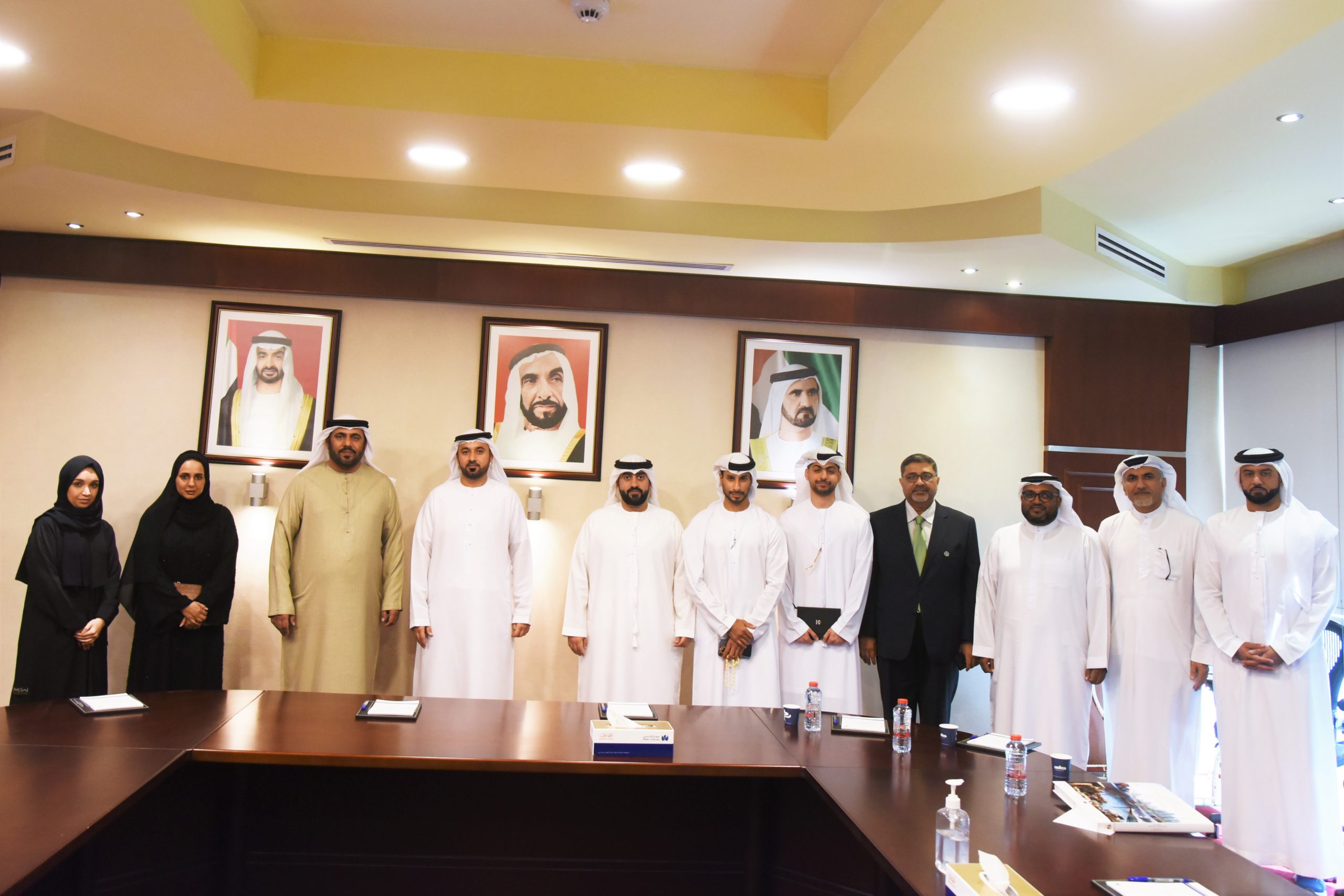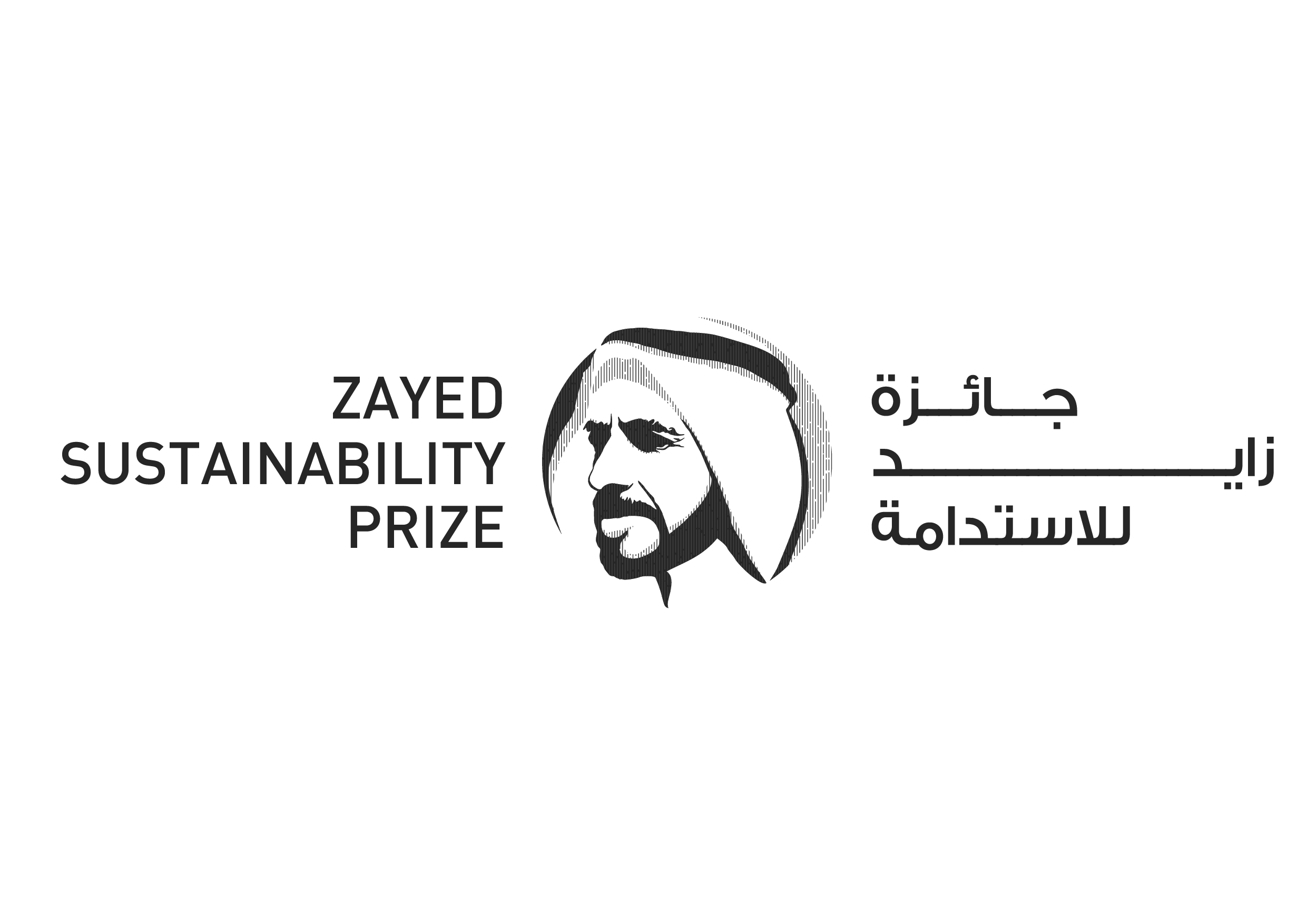ABU DHABI, 20th January, 2022 (WAM) — The UAE Space Agency and Masdar will establish the nation’s first Space Economic Zone in Masdar City to create an integrated business ecosystem to propel startups and SMEs.
It is the first of many space-tech hubs the UAE Space Agency will launch to create a competitive private sector, build national capabilities and contribute to the UAE’s economic growth for the next 50 years.
The Space Economic Zone in Masdar City, a pioneer in sustainability and a hub for research and development, will offer world-class infrastructure and an enabling environment to encourage the development of the national space industry. Businesses will be offered an integrated package of benefits including incubation, office space, mentorship, networking, investment opportunities, priority access to government contracts and closer cooperation with leading global research centres.
The Space Economy Zone program aims to create a sustainable and effective framework to facilitate public-private partnerships; build an attractive and integrated business environment for local and global companies; support the growth of national space technologies and services; stimulate innovation and adopt advanced technologies; and support the establishment of homegrown startups and accelerate their growth.
Sarah bint Yousif Al Amiri, Minister of State for Advanced Technology and Chairwoman of the UAE Space Agency, said, "Space is the next frontier of business growth set to propel the national economy for the next 50 years. The Space Economic Zone in Masdar City is an exciting milestone in our strategy to create a competitive private sector, build national capabilities, promote public-private partnerships, boost R&D and encourage the spirit of entrepreneurship. This programme is a game-changer that will take our flourishing space industry to the next level whilst simultaneously building on the UAE’s established position as a global hub for talent, investment and innovation. We are pleased to enter into this strategic agreement with Masdar City and look forward to working closely in the spirit of collaboration and cooperation as we create a globally competitive space industry."
Salem Butti Salem Al Qubaisi, Director-General of the UAE Space Agency, said, "Capacity-building is vital to advance the UAE’s knowledge-driven economy and the Space Economic Zone is a major step forward. It will provide a business-friendly ecosystem with world-class infrastructure and competitive services to support the establishment of new spacetech firms. Our agreement with Masdar City is the first of many and we intend to move forward quickly to set up more startup hubs nationwide and turn early-stage ideas into commercially viable ventures. It underpins our high-impact strategy to enhance the competitiveness of the private sector and stimulate innovation. We are excited about this new stage of growth for the space industry which will power the UAE during our next 50 years of human progress."
Mohamed Al Ramahi, CEO of Masdar, added, "Masdar City has built a unique ecosystem where innovation and business thrive together. Already home to UAE Space Agency, our partnership to launch the first Space Economic Zone extends the exceptional offerings provided by Masdar City’s Free Zone to a new and exciting frontier. Our aim is not only to drive entrepreneurship and economic development within the fast-growing space sector, but to attract and foster the most talented professionals from across the region and beyond. We look forward to working with the UAE Space Agency to take the Space Economic Zone, and Masdar City, to ever greater heights."
The strategic agreement between the UAE Space Agency and Masdar was signed at Abu Dhabi Sustainability Week 2022 by His Excellency Salem Butti Salem Al Qubaisi, Director General of the UAE Space Agency and Mohamed Al Ramahi, CEO of Masdar. Under the deal, the Masdar City Free Zone will tailor-made business licenses for space-related companies across the launch sector, satellite communication, logistics, data analysis, science, technology, engineering, and much more.
Masdar City has an established ecosystem and is home to several education, strategic research centers, businesses and serves as the headquarters of the UAE Space Agency and the International Renewable Energy Agency (IRENA).
The UAE Space Agency’s Space Economic Zones program has four key pillars: the Space Economy Accelerator Group, Space Labs, Space Government Services, and Work Space.
A body to promote coordination between various public and private sector entities and startups to ensure alignment on, and facilitation of, strategic initiatives. It will also produce solutions to address challenges facing spacetech startups and encourage participation at national and global events.
Offering Space Economic Zone startups access to world-class space laboratories, research centres and facilities to utilise existing infrastructure and provide access to technical, consultancy mentorship and support services.
A dedicated webpage on the UAE Space Agency’s website to provide services including licensing, mentorship, and incubation opportunities. It can be accessed here.
Offering services at competitive rates across the UAE’s leading business and innovation free zones. They will benefit from world-class infrastructure and office space to ensure companies hit the ground running.

 World2 years ago
World2 years ago
 World2 years ago
World2 years ago
 Entertainment7 years ago
Entertainment7 years ago
 World7 years ago
World7 years ago
 Entertainment7 years ago
Entertainment7 years ago




